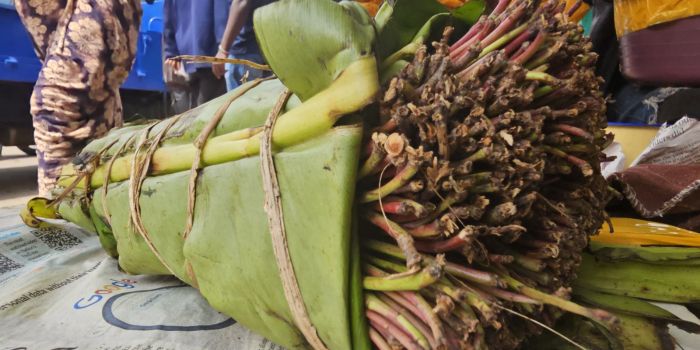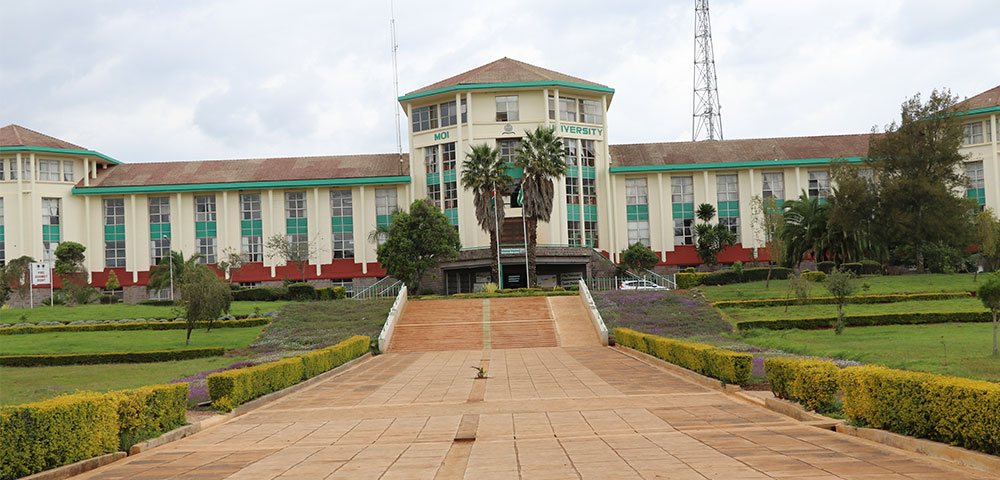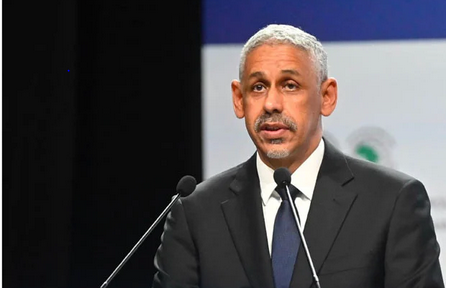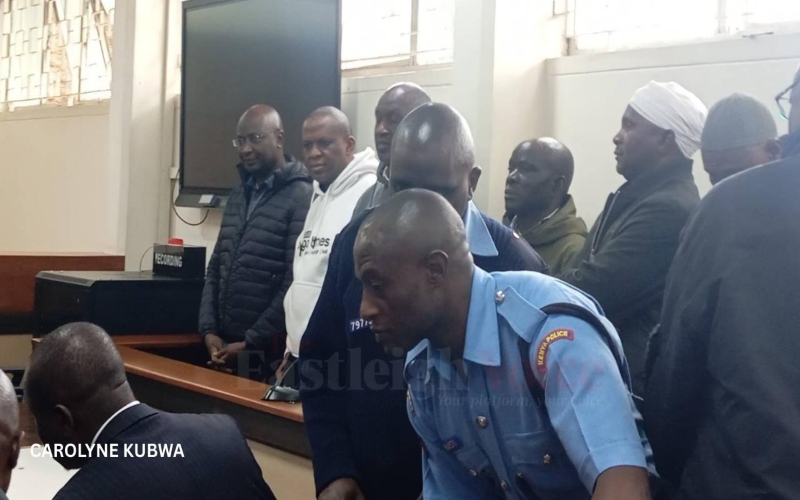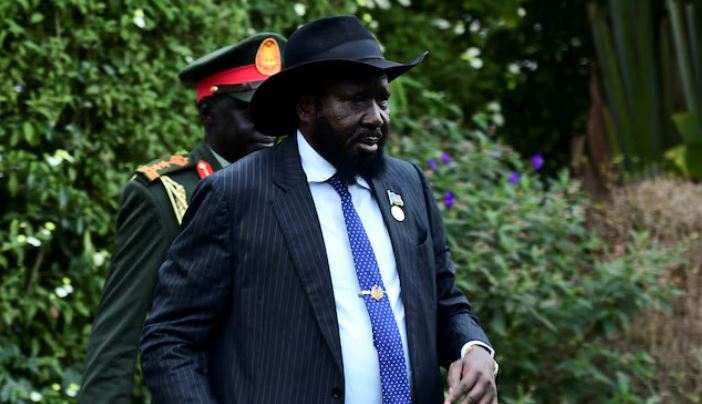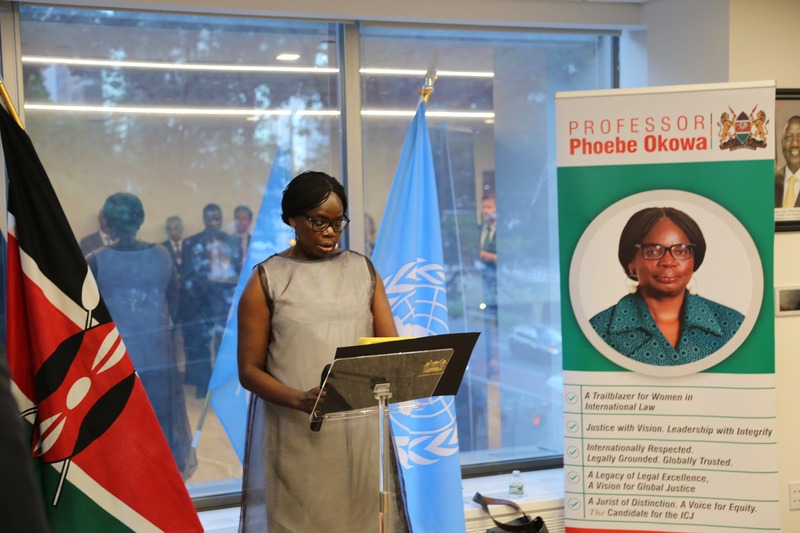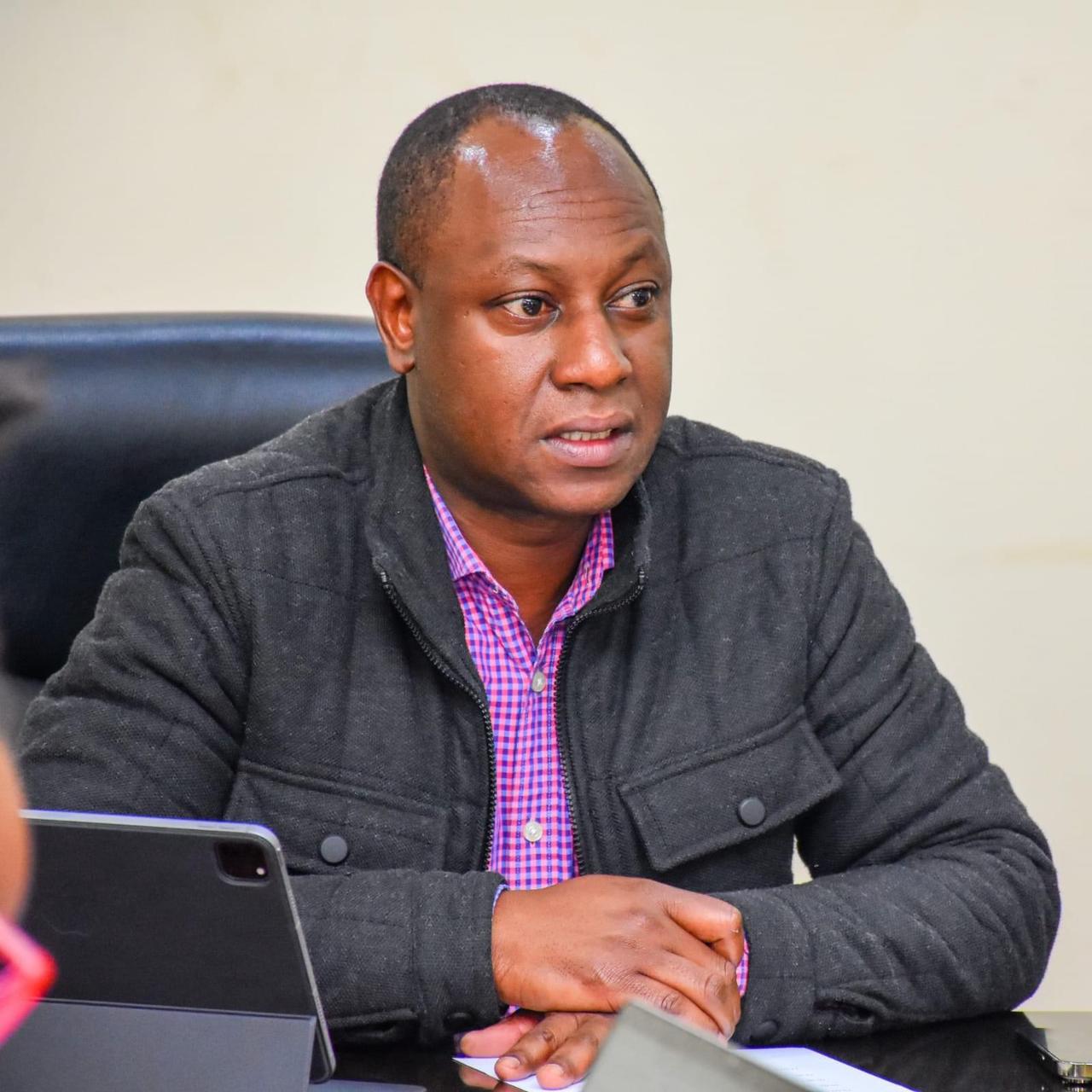Proposed law seeks to enforce more measures against child sex offenders

Among the proposals are the establishment of police-run gender desks in public hospitals and safe houses for victims of sexual offences, and the charging of people who fail to report sexual offences.
Persons with a history of sexual offences will be made known to the public and barred from employment if a proposed amendment to the Sexual Offences Act is signed into law.
The Sexual Offences Amendment Bill further seeks to prevent similar offenders from abroad from travelling into the country.
More To Read
If passed, it will cushion the country from individuals like Terry Ray Krieger, who came to the country, captured and distributed pornographic images of children before he was charged with criminal offences and convicted to serve 50 years' imprisonment.
The bill, fronted by Cradle, a non-governmental organisation focused on children's rights, further proposes the prohibition of traditional dispute resolution mechanisms.
"Despite the passage of the Criminal Law Amendment Act in 2003, it soon appeared that the legal framework in relation to sexual violence, especially against children, was still very faulty and needed a complete overhaul and a dedicated law," the NGO notes in its website.
Other proposed amendments include the establishment of police-run gender desks in public hospitals and safe houses for victims of sexual offences, and the charging of people who fail to report sexual offences.
The draft bill also introduces the issue of grooming children, which is not considered an offence under the current Act.
Grooming happens when someone systematically builds a trusting relationship with a child or young adult, to manipulate, coerce, or force them to engage in sexual activities.
Before coming to Kenya, Krieger, a repeat offender, had served a 13-year sentence in the US when his communication and photos of children he abused in Kenya were intercepted online by the Federal Bureau of Investigations (FBI). The FBI sent an alert to authorities in Nairobi, leading to his arrest and prosecution in 2014.
In July of the same year, Mathew Lane Durham, from Edmond, Oklahoma, was charged with travelling to Kenya to engage in illicit sexual conduct with underage children.
Court files showed that while in Kenya, Durham was a volunteer at Upendo Children's Home in Nairobi, which was established by an American national with a focus on providing vulnerable children with food, housing, clothes, school, and religious teachings.
He is reported to have volunteered between June 2012 and June 2013, December 2013, and April 30 to June 17, 2014, during which he was housed at an offsite facility with a Kenyan family before moving to the children's home.
The complainant told the court that from April to June of 2014, Durham engaged in sexual acts with multiple boys and girls aged four to 10.
In yet another case, a 54-year-old British man was charged in the UK with sexual offences against two children in Kenya, one aged only nine.
Simon Harris, of Pudleston, Herefordshire, was found guilty of possessing indecent images of children. He, too, had visited Kenya, established a charity organisation, and started wooing young boys before threatening to kill them if they reported him.
In efforts to track the online sharing of child pornographic material, the Directorate of Criminal Investigation's Anti-Human Trafficking and Child Protection Unit has since partnered with the United Kingdom's Internet Watch Foundation to track the offenders.
Through a shared portal, the two can now track and trace such cases online as soon as they are posted and initiate investigations by the unit's cyber wing in South C, Nairobi.
Top Stories Today
